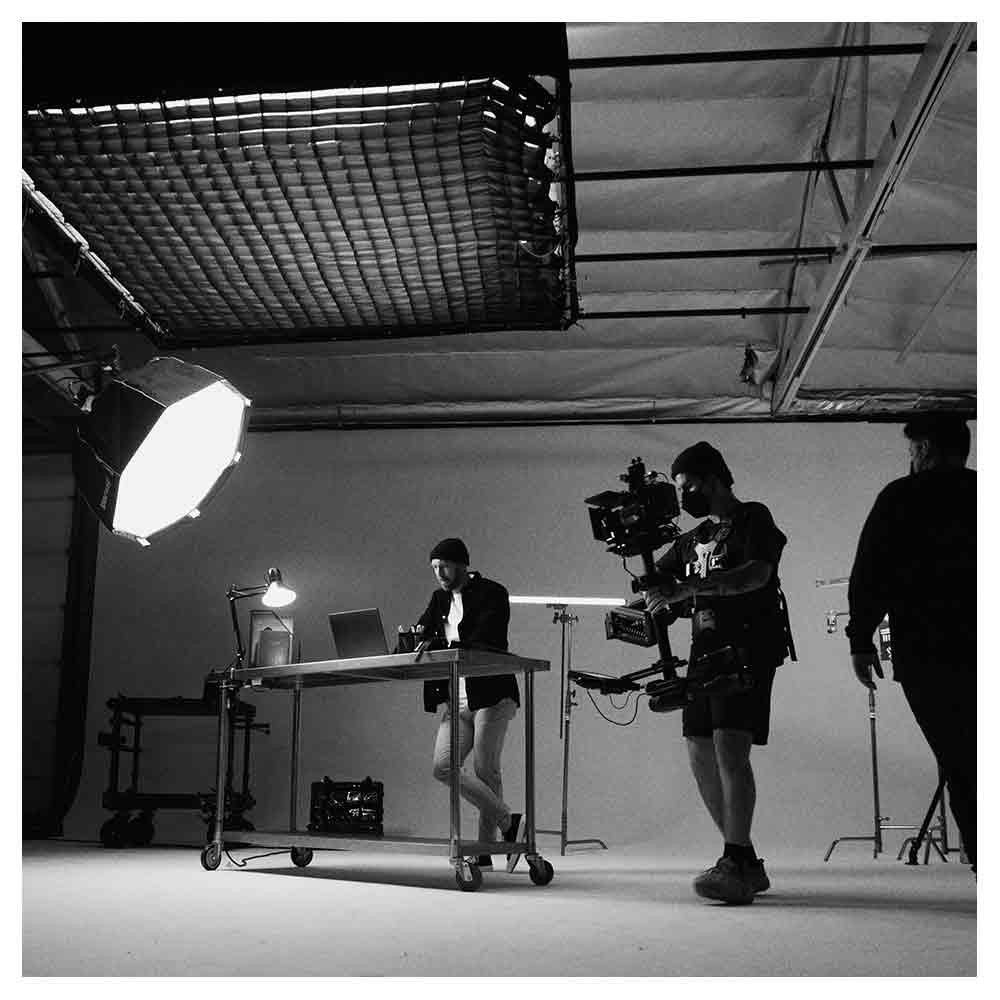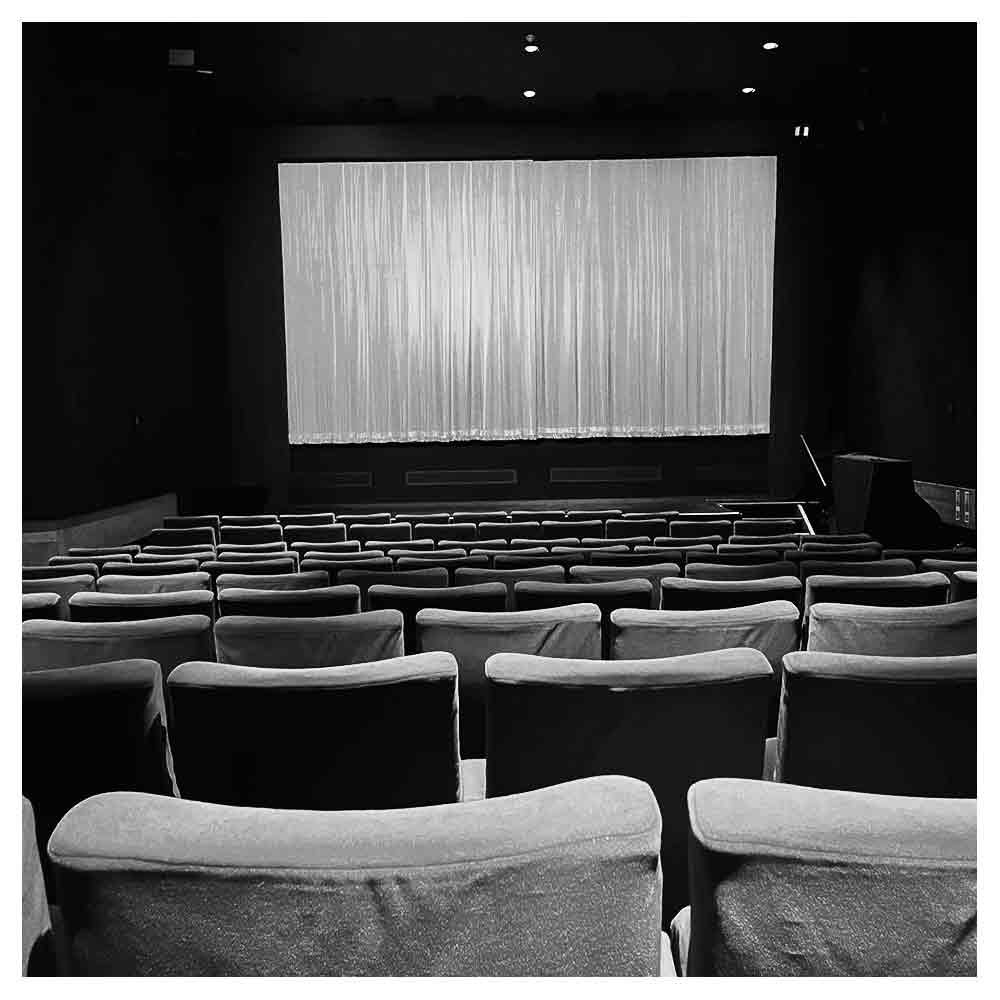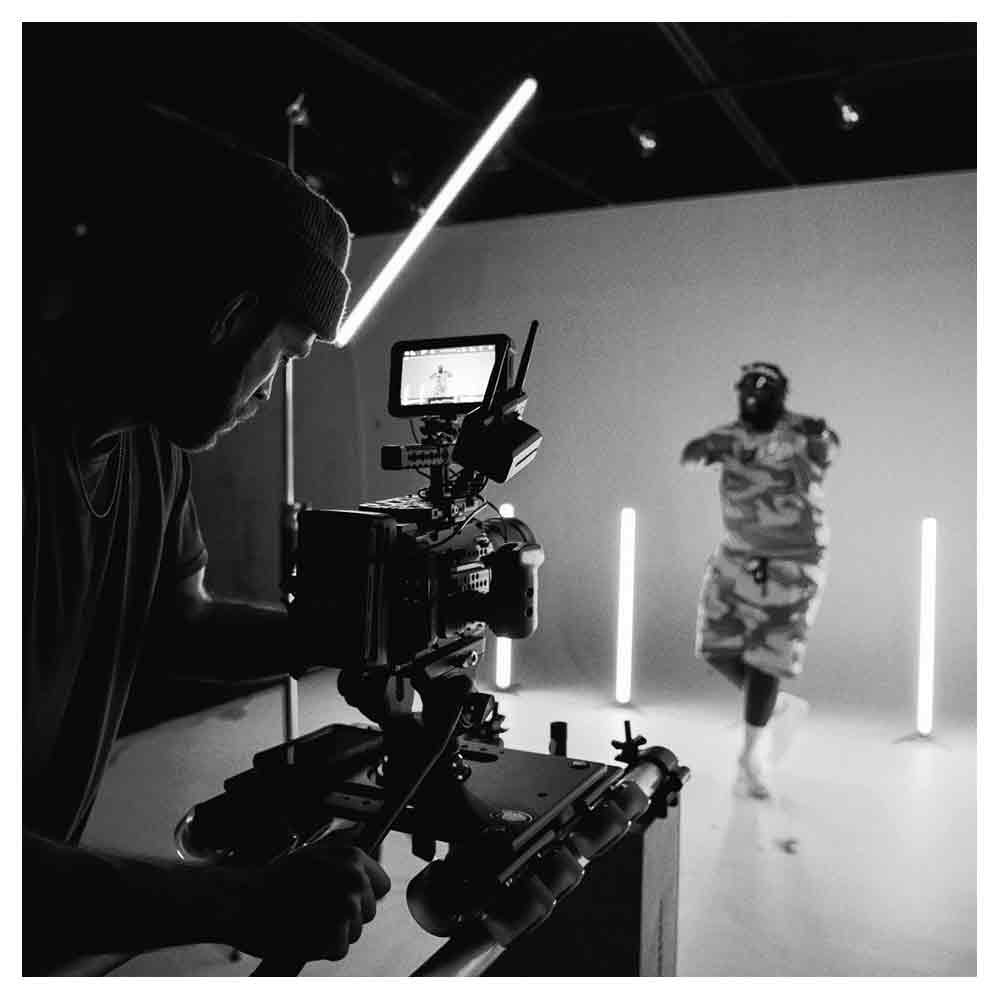How to Become a Commercial Director: The Ultimate Guide
In the dynamic world of film and advertising, one role that stands out with its unique style and vibrant potential is that of a commercial director.
This is not your typical job but a challenging and fulfilling career. In this guide, we will explore how to become a commercial director.
Understanding the Role of a Commercial Director
The role of a commercial director is unlike other roles in the industry. A commercial director works closely with the client and advertising agency to bring a vision to life. They're tasked with directing commercials that leave a lasting impression on viewers.
A commercial director's job isn't only about creative execution. It's also about understanding business strategies and market conditions.
They work on projects that range from TV commercials to branded content, music videos, and sometimes even feature films.
The Pathway to Becoming a Commercial Director
1. Education and Skills
Most commercial directors have a background in film, usually starting with film school.
Film school provides a foundation in storytelling, cinematography, and production. However, it's common for directors to have degrees in related fields such as business administration, marketing, or even fine arts.
Beyond formal education, developing certain skills is critical. Interpersonal skills are vital as you must work closely with various professionals, from producers to clients. Technical skills in pre-production, production, and post-production are also essential.
2. Gaining Experience
Experience is key in this industry. Start with an entry-level position at a production company or ad agency. This could be anything from a runner to an assistant role. The aim is to understand the ins and outs of production.
Another route many directors take is creating short films or music videos. This helps build your portfolio and lets you develop a unique style to set you apart.
3. Building Relationships
The saying, "It's not what you know, it's who you know," holds a degree of truth in this industry. Building relationships with local producers, other directors, and clients can benefit your career progression. Networking allows you to showcase your skills, often leading to job opportunities.
4. Directing Commercials
Once you've gained experience and built a professional network, it's time to step into commercial directing. This typically starts with directing commercials for smaller, local businesses before progressing to larger national campaigns.
Working closely with the client and advertising agency during the bidding process is critical at this stage. They choose the director, so it's important to establish a good relationship with them.
The Role of a Commercial Director vs. Film Director
While both roles involve directing, key differences exist between commercial and feature film directors.
Film directors work on feature films where they have more creative control but also more responsibility. They often work on one project for several months or even years.
On the other hand, commercial directors work on multiple projects simultaneously, often for different production companies. Their work is more diverse as they must adapt to each company and project's different needs and styles.
Success as a Commercial Director
Achieving success as a commercial director requires more than just directing skills. You'll need to have a keen understanding of the market and be able to conduct effective market research to identify new opportunities and trends.
The ability to think on your feet and come up with great ideas that resonate with the target audience is crucial.
Sales efforts also play a significant role. Successful commercial directors know how to pitch their ideas and projects to clients and advertising agencies, often during competitive bidding.
You must also build relationships with clients, agencies, and other directors. Remember, people like working with those they know and trust.
Your professional network can be a goldmine of opportunities for new customers, so never underestimate the power of networking.
The Reward: Salary and Career Progression
The average salary of a commercial director can vary widely, depending on experience, location, and the size of the projects they work on. According to the Bureau of Labor Statistics, the median annual wage for directors was $74,420 in 2020. However, top commercial directors can earn significantly more money.
As for career progression, many commercial directors eventually move into directing feature films or become a creative director at an advertising agency. Some even start their own production companies.
The Challenges and How to Overcome Them
Like any career, becoming a commercial director comes with its own set of challenges. For one, the industry is highly competitive. Many directors are vying for the same jobs, and standing out is not always easy.
To overcome this, develop a unique style of commercial directing that sets you apart from the competition. Don't be afraid to take risks and push the boundaries of creativity. Companies work with commercial directors because they want their commercials to stand out.
Another challenge is the uncertainty that comes with project-based work. Unlike film directors, who often work on one film for several months or years, commercial directors often work on multiple short-term projects.
To navigate this world, it's crucial to be adaptable and juggle multiple projects simultaneously. Good time management and organizational skills are a must.
Conclusion
Becoming a commercial director is not a straightforward path, but it offers opportunities for those passionate about film, creativity, and business. It takes hard work, determination, and a knack for understanding market conditions.
So, if you're interested in a career combining creativity and business strategy, becoming a commercial director might be the perfect career path for you. Remember, every director started somewhere, and with the right skills, experience, and network, you, too can make your mark in this exciting industry.
By following the steps in this guide, you are on your way to an exciting career journey. Good luck!
Frequently Asked Questions About Commercial Directors
What does a commercial director do?
A commercial director is responsible for the creative vision and execution of commercials. They work closely with clients, advertising agencies, and production companies to create impactful advertising content. Their tasks include interpreting the client's brief, developing a creative concept, directing the filming process, and overseeing post-production work.
What skills do I need to become a commercial director?
Key skills include creativity, leadership, communication, and technical knowledge of pre-production, production, and post-production processes. Also, understanding business strategies, market conditions, and excellent interpersonal skills are crucial.
How much does a commercial director earn?
The average salary of a commercial director can vary widely, depending on factors like experience, location, and project size. However, according to the Bureau of Labor Statistics, the median annual wage for directors was $74,420 in 2020.
What is the career progression for a commercial director?
Many commercial directors move into directing feature films or become creative directors at advertising agencies. Some also start their own production companies. Career progression largely depends on experience, skills, and professional network.
Is the job market competitive for commercial directors?
Yes, the industry is highly competitive. Many directors are vying for the same jobs, so it's essential to develop a unique style and strong professional relationships to stand out.
Can a commercial director also make feature films or music videos?
Many commercial directors also work on music videos, branded content, and feature films. The skills required for directing commercials can often translate to these other forms of media.
What is the role of a commercial director in an advertising agency?
A commercial director usually liaises between the client and the creative team in an advertising agency.
They interpret the client's needs, oversee the creation of commercials from the concept stage to the final product, and ensure that the commercial meets the client's specifications and expectations.
How can I stand out as a commercial director?
To stand out, it's important to develop a unique directing style and a strong portfolio of work. Networking and building strong relationships within the industry can also help you get noticed.
Furthermore, keeping up-to-date with the latest trends in advertising and market conditions can give you a competitive edge.
What kind of education do I need to become a commercial director?
While many commercial directors have a background in film, others might have degrees in related fields such as business administration, marketing, or fine arts. Experience in the field, however, often carries more weight than formal education.
Is there a high demand for commercial directors?
Demand for commercial directors fluctuates with market conditions and the state of the advertising industry.
However, as companies continually need to advertise their products and services, there is a steady demand for creative and skilled commercial directors.
What are the challenges a commercial director might face?
Challenges include the highly competitive nature of the industry, the need for continual creativity and innovation, managing client expectations, and navigating the uncertainty of project-based work.
Can a commercial director work freelance?
Yes, many commercial directors work as freelancers, taking on projects from various clients and advertising agencies. Some also work full-time for a single production company or advertising agency.
What does a day in the life of a commercial director look like?
A commercial director's day can vary greatly depending on where they are in a project. It might involve pitching ideas to a client, working on set directing a commercial, or overseeing editing and final touches in post-production. They could also be involved in market research, networking, or planning for future projects.



































